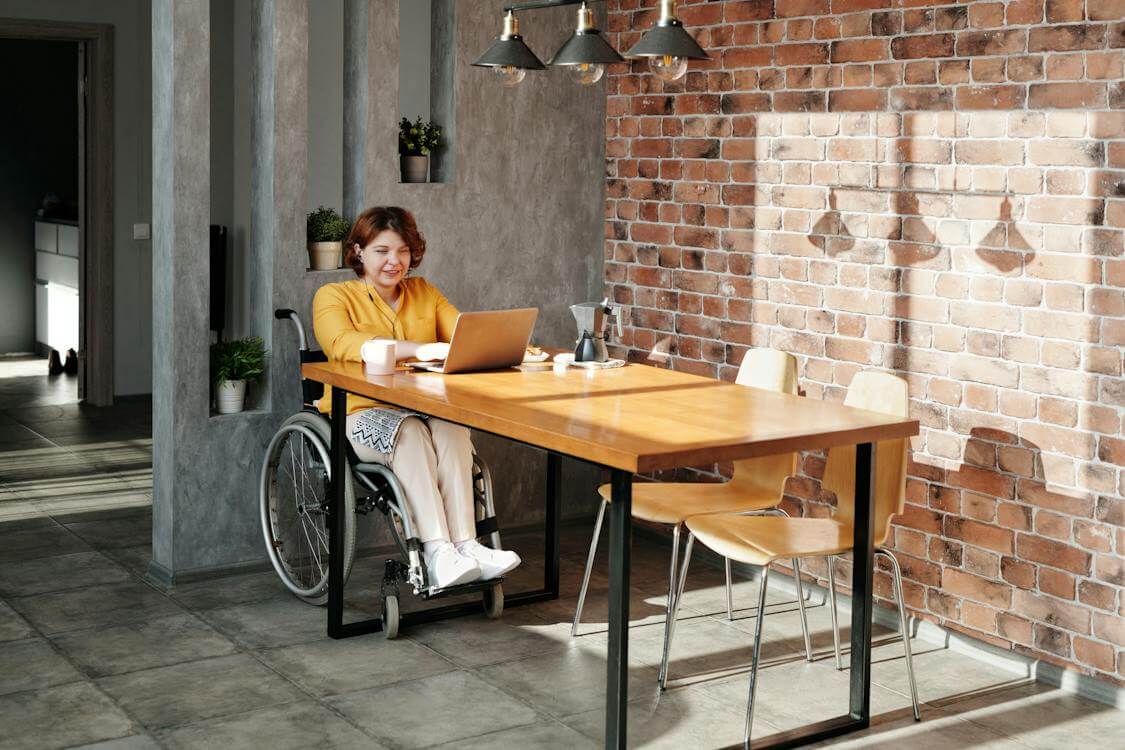It’s always a positive move to grasp the realities that someone else might be navigating in their day-to-day existence.
The International Day of Persons with Disabilities presents an occasion where we can actively commence comprehending the trials of individuals contending with disabilities.
Organizations like the CDC, WHO, and even the United Nations stand to recognize the rights and well-being of people who struggle with their disabilities all over the world.
This day helps out our disabled patients in many ways. Here are a few ways it does that:
The Effects of Empathy
Empathy emerges as a foundational element in dismantling the day-to-day hurdles faced by individuals with disabilities.
It transcends merely stepping into someone else’s shoes, but also involves recognizing the unique challenges they confront and actively working towards a world where these challenges are minimized.
For those with disabilities, empathy becomes a powerful tool, cultivating a sense of belonging and countering the isolation often fueled by societal misconceptions.
Breaking Stigmas
Among the initial hurdles individuals with disabilities encounter is the prevailing stigma surrounding mental health.
Dismantling these stigmas is crucial because it creates an environment that fosters open conversations about mental health.
We should work tirelessly to forge a space where individuals like our patient Sandra feel heard, validated, and supported in their mental health journeys.
“This day has helped shed awareness towards people with disabilities like mine,” she said “Without it, I don’t think people would be aware of what makes our lives so hard.”
Fostering Physical Well-Being
Physical well-being is highly encouraged on this day for people with disabilities.
International Day of Persons with Disabilities reminds the public to foster physical health for those struggling with disabilities to keep up their overall health.
The best physical activities to do at home or within the neighborhood are recommended by groups like the CDC for disabled people.
Advocating for Mental Well-being
The importance of mental well-being cannot be emphasized enough, particularly for individuals contending with disabilities.
Recognizing the psychological impact of living with a disability marks the initial stride in constructing a support structure that encompasses both the physical and emotional dimensions of the patient.
Inclusive Approaches for Mental Health Support
Establishing inclusive mental health practices involves dismantling preconceived notions and adapting therapeutic approaches to suit the unique needs of individuals with disabilities.
This might range from ensuring physical accessibility in therapy spaces to utilizing alternative communication methods for those with speech or sensory impairments.
Therapists also need to be sensitive to the societal pressures and discrimination experienced by their clients.
This means actively supporting equal opportunities, questioning stereotypes, and fostering an atmosphere that encourages self-acceptance and empowerment.
Each one of us contributes significantly to shaping a world where the rights and dignity of individuals with disabilities are respected, enabling them to move through life with equivalent opportunities and assistance as anyone else.
Mid Cities Psychiatry recognizes International Day of Persons with Disabilities as a day where we should be recognizing the struggles of those with disabilities to help better their lives.

